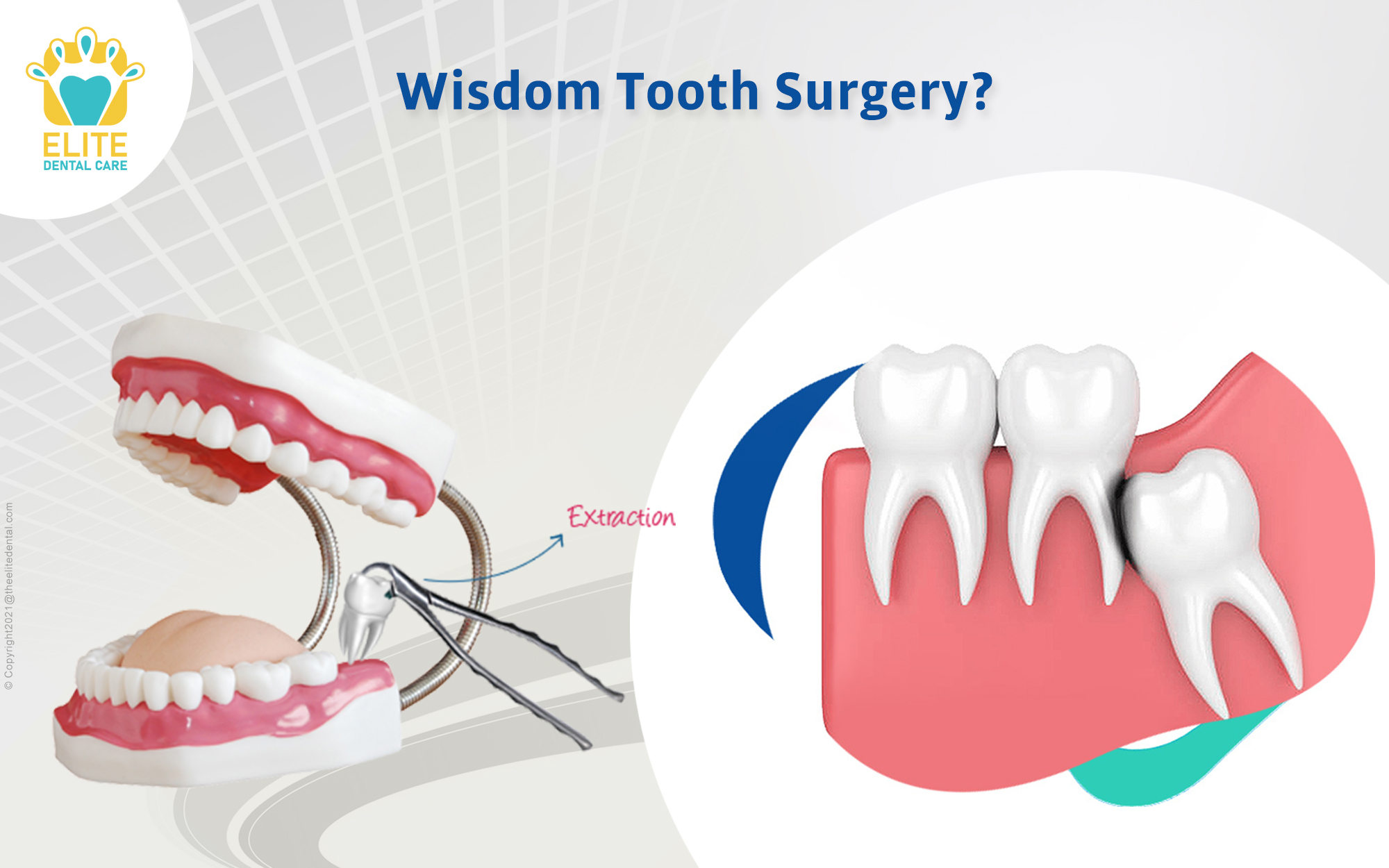Dental Experts
Dental Experts
Blog Article
Checking Out Different Sedation Options for a Comfortable Knowledge Teeth Removal Experience

Local Anesthetic
Regional anesthesia is a generally used approach for numbing details areas of the mouth throughout knowledge teeth extraction treatments. By providing a neighborhood anesthetic, such as lidocaine, a dental expert can make sure that the person remains pain-free and comfy throughout the removal procedure.
Among the main benefits of regional anesthesia is its targeted numbing result, which suggests that just the details location being treated is impacted. This local approach decreases the danger of systemic side impacts and enables a quicker recuperation post-procedure. wisdom teeth removal aspendale. Furthermore, neighborhood anesthesia is considered to be a risk-free and regular method in dental care, with minimal threats entailed when provided by a qualified specialist
Nitrous Oxide

Additionally, nitrous oxide is understood for its rapid healing time. Once the mask is eliminated, the results of the gas wear off rapidly, permitting people to resume their normal activities without remaining sedative effects. This makes laughing gas a practical selection for those who need to drive themselves home after the dental consultation. Nitrous oxide is ideal for people of all ages, making it a versatile sedation choice for knowledge teeth removals and other dental procedures.
Dental Sedation

Among the main advantages of dental sedation is its simplicity of management. Unlike intravenous sedation, oral sedation does not require needles or shots, making it a more comfy alternative for individuals with a concern of needles. Furthermore, oral sedation is taken into consideration safe and reliable when provided by experienced dental specialists. It is critical for clients to follow pre-operative guidelines offered by their dentist, such as abstaining from consuming or consuming before the treatment to guarantee the sedative medicine works as planned.
IV Sedation
Carried out intravenously by skilled clinical experts, IV sedation is an effective method used to induce a controlled state of deep leisure and unfamiliarity throughout oral treatments. Unlike dental sedation, which can be uncertain in its effects, IV sedation permits precise control over the level of sedation, making it a perfect selection for intricate treatments like knowledge teeth extractions.
Throughout IV sedation, a sedative drug is delivered straight into the bloodstream through a blood vessel, allowing it to work swiftly and efficiently. This method ensures that the patient remains comfy and uninformed of the procedure while still keeping essential functions such as breathing and heart price.
Among the primary advantages of IV sedation is its capacity to give a much deeper degree of sedation contrasted to other techniques, making it specifically appropriate for individuals with high levels of anxiety or those undertaking extensive oral work. Furthermore, the impacts of IV sedation commonly wear away gradually after the procedure, lowering the chance of grogginess or lingering negative effects. On dig this the whole, IV sedation provides a efficient and safe alternative for making certain a comfy and hassle-free experience throughout wisdom teeth removal.
General Anesthetic
Having talked about the benefits of IV sedation for knowledge teeth removal, the application of basic anesthetic gives an alternative option for individuals requiring a deeper level of unfamiliarity throughout oral treatments. General anesthesia causes a controlled state of unfamiliarity, guaranteeing the client feels no pain or pain during the removal process. This technique is especially beneficial for people with serious oral anchor stress and anxiety, complex surgical requirements, or those undertaking several removals concurrently.
General anesthesia is administered by a qualified anesthesiologist that very closely keeps an eye on the client's important indications throughout the treatment. It entails the use of intravenous drugs or inhaled gases to generate a state of unfamiliarity. While under general anesthesia, the client will certainly not be aware of the surgical treatment, experience any discomfort, site link or have any kind of recollection of the procedure afterward.
Although basic anesthesia is secure when provided by certified specialists, it lugs a slightly greater danger contrasted to various other sedation choices. wisdom teeth removal aspendale. Individuals considering basic anesthesia for wisdom teeth removal ought to go over the potential threats and benefits with their dentist or dental surgeon to make an educated choice based upon their specific needs and clinical background
Conclusion
To conclude, numerous sedation options are available to make sure a comfortable wisdom teeth extraction experience. Regional anesthesia is generally utilized for numbing the particular location, while laughing gas offers leisure and pain alleviation. Oral sedation and IV sedation offer deeper levels of leisure, depending on the patient's demands. General anesthetic can be used for much more complex situations. It is very important to consult with your dental expert or oral doctor to determine one of the most ideal sedation alternative for your procedure.
Nitrous oxide is appropriate for people of all ages, making it a versatile sedation alternative for knowledge teeth removals and various other oral procedures.
Unlike intravenous sedation, oral sedation does not require needles or shots, making it a more comfortable choice for individuals with a concern of needles.One of the primary advantages of IV sedation is its capacity to supply a much deeper level of sedation contrasted to various other methods, making it specifically suitable for clients with high levels of anxiety or those undergoing substantial oral work.Having discussed the advantages of IV sedation for knowledge teeth extraction, the usage of basic anesthesia gives an alternate option for people requiring a deeper level of unconsciousness during dental treatments. Oral sedation and IV sedation offer deeper degrees of leisure, depending on the patient's needs.
Report this page